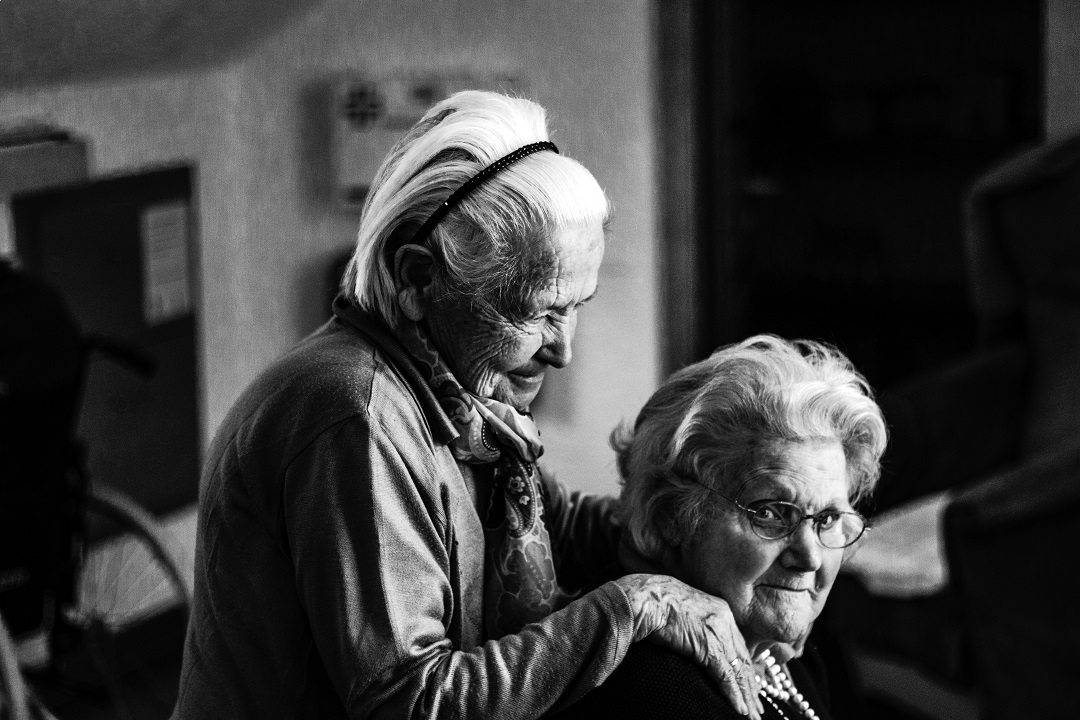I have kept this 2016 NY Times article about the rise in homelessness among older adults and a Vox essay written by a 50-year-old woman experiencing homelessness because I had plans for writing a blog on this issue in the future. I am not sure why it has taken me nearly 3 years to write my blog. I was 49 when these pieces were written. In thinking about this blog, in the context of disability and aging, my heightened interest may be partially connected to my own age and knowledge of the Social Security disability determination process. These articles are also a reminder to me how vulnerable many Americans are to experiencing homelessness, particularly women with medical issues.
Just looking at HUD’s statistic, “there were 306,000 people over 50 living on the streets in 2014”. The words “over 50” resonates for me because I am in that age group. Also, because of my 25 years representing and advising individuals with the Social Security Administration (SSA), I am knowledgeable of SSA rules that can help. I’m also keenly aware of the difficulty older individuals experiencing homelessness have with accessing these benefits. In fact, some SSA rules may help individuals who are 50 or older, regardless of their homelessness status. While you are reading my blog, consider how these SSA rules can help your family, friends, co-workers and those you come in contact while volunteering.
Your Age Matters!
Many who are considering applying for SSA benefits based on a disability probably don’t realize that their “age” may be considered in their disability application. We know that not all SSA applicants are found “disabled” because they “meet” one or more of SSA’s “Listings of Impairments”. This can be a tough standard to meet. Essentially, if an individual is able to meet the criteria outlined in the particular Listing, then they are found disabled.
Many folks may not apply for SSA benefits because they just don’t think their medical conditions will qualify them for benefits. Some may have friends who’ve been denied or have friends whose medical conditions they believe are more serious than their own.
Certain SSA rules, namely the Grids (because the chart looks like an actual grid) and Special Adverse Profiles (55+), favors older individuals. And yes, SSA considers “50” as old. Technically not “old”, but for those between 50-54, “Closely approaching advanced age”; those 50-59, “Advanced age”; and for those 60 to 64, “Closely approaching retirement age”. I know it’s semantics, but I prefer “old” over “closely approaching advanced age”.
Anyhow, these categories are good to know about because SSA has “Rules” that can help someone who falls within these age groups be awarded disability benefits more easily than proving a “Listed” condition, which has stricter standards. For these “Rules,” SSA does not require applicants to provide the same level of medical development as is required for determining whether a Listed condition is met. Therefore, being over 50 is a good thing in SSA’s eyes.
Adults aged 50 years and older typically have an easier time meeting “eligibility criteria” than younger SSI/SSDI applicants. Age is an important consideration when an applicant is 50 or older because it is more difficult for SSA to find work for these applicants. It is possible for applicants 50 and over to win on the same medical condition that would require a denial of younger individuals. Virtually all of these applicants have a reasonable chance of obtaining benefits. We know that years of living on the streets combined with typical diseases associated with aging, such as orthopedic, cardiovascular, pulmonary, respiratory, digestive, neurological and endocrine, would likely make an older individuals’ SSA claim evaluated under one of the Grid rules.
Under the “Special Adverse Profile” rule, a finding of “disabled” will be made for persons who have a severe impairment(s), and have no past relevant work (work performed in the last 15 years), and are age 55 or older, and have no more than a limited education. SSA doesn’t need much medical documentation to make a decision. If you know of someone who fits this description and talks about applying for disability benefits you should let them know about this rule.
Hopefully, after reading my blog you have a better understanding of how age is looked at by SSA, and how some “older” folks in your life may be eligible for disability benefits.


